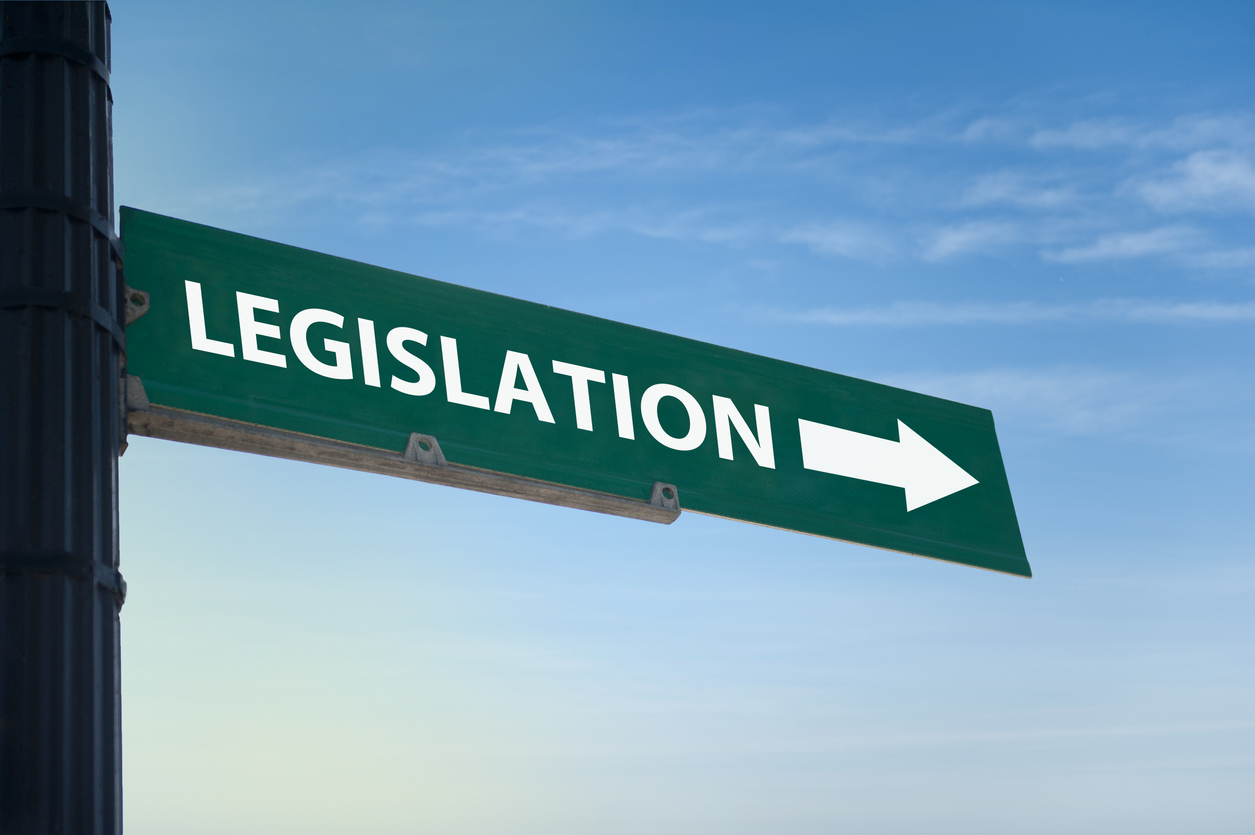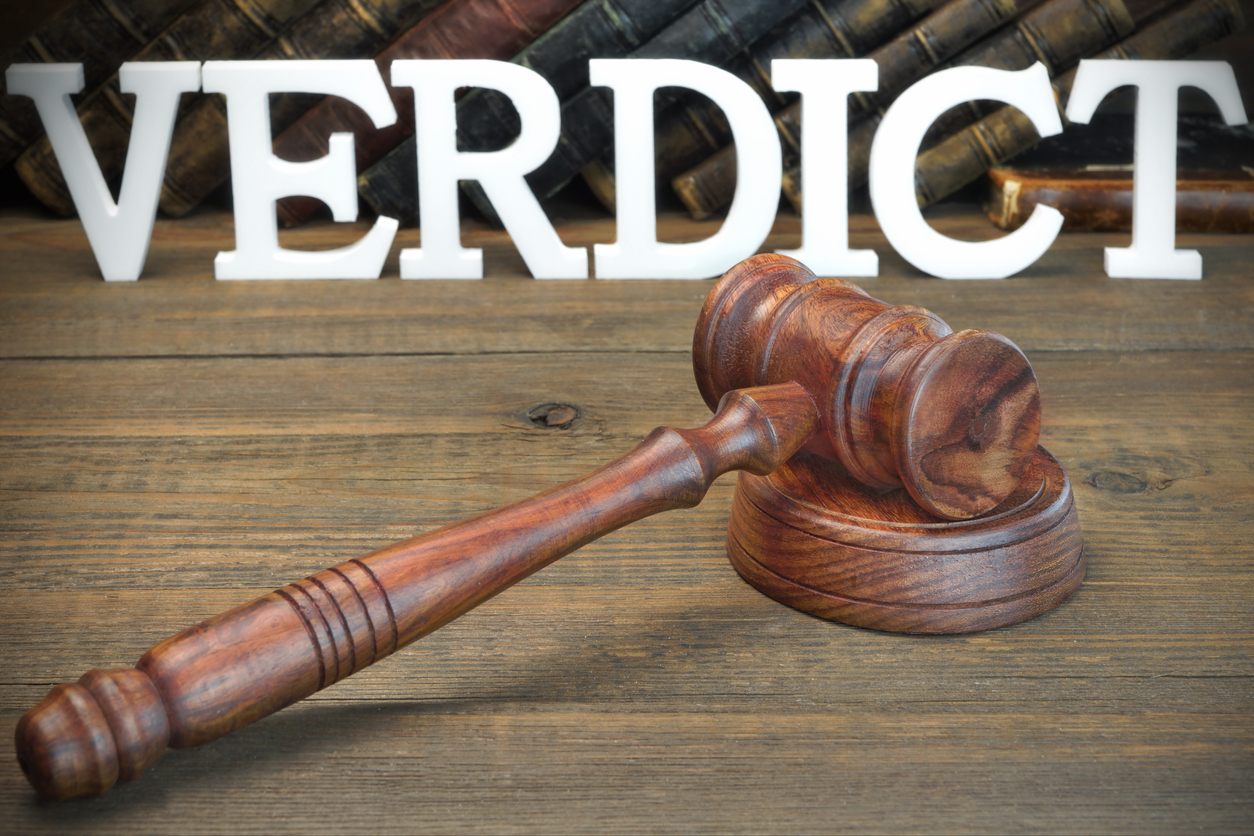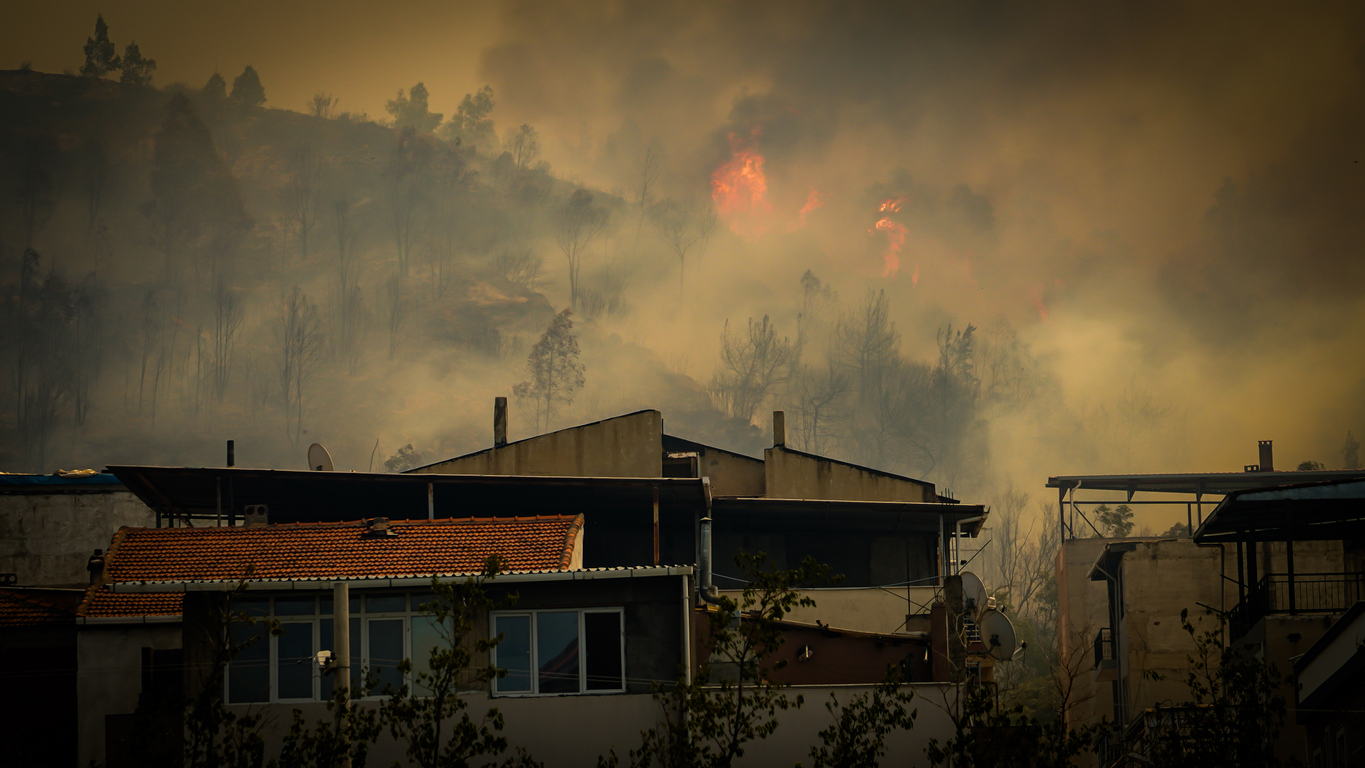Colorado bad faith statutes provide protections to insureds when an insurance company unreasonably delays or denies an insurance claim. The statutes specifically provide that “a person engaged in the business of insurance shall not unreasonably delay or deny payment of a claim for benefits owed to or on behalf of any first-party claimant.”1 The statutes also provide a remedy when payment of owed insurance benefits is unreasonably delayed or denied.2
However, in Canady v. Nationwide Affinity Insurance Company, the Federal District of Colorado has provided that a claim of statutory bad faith requires that “an insured must have a good and sufficient basis in fact and law” to pursue that remedy.3 Just as my high school math teacher used to preach to my class, “you have to show your work.”
Do I have a claim for Unreasonable Delay or Unreasonable Denial?
Insurance claims sometimes take a frustratingly long period of time to complete. However, a long claim process does not by itself show that an insured’s claim was unreasonably delayed or denied. Claims of unreasonable delay or denial require insureds to challenge their insurance company’s mistakes, inadequate estimates or claims payments, or improper claim denials.
In Canady,4 the insureds filed an insurance claim for hail damage to the roof of their home in Aurora, Colorado. Nationwide provided an estimate to the insureds which paid to spot repair, not replace, their roof. The insureds disputed Nationwide’s position as they believed roof replacement was required for a number of reasons. However, according to the court order, the insureds had not presented this issue to Nationwide prior to filing suit. Without first communicating that they were disputing Nationwide’s estimate, the insureds claimed that Nationwide unreasonably delayed coverage by not providing for roof replacement.
While the court did not disagree that the insureds may be owed additional coverage for their roof, the court determined the insureds had not presented enough facts to support a claim for unreasonable delay as the insureds could not detail how they had disputed the Nationwide’s position prior to filing a lawsuit. For instance, while the lawsuit claimed the roof repair was impossible because the roofing tiles covering their roof were discontinued, national and local code and Building Department requirements, and manufacturer’s installation requirements also made full roof replacement necessary, the insureds had not presented these disputes to Nationwide prior to filing suit. The court determined that by not presenting these disputes prior to filing suit, the insureds had not fully demonstrated the unreasonableness of Nationwide’s claim decision. In other words, although Nationwide presented a flawed estimate for the insureds’ roof, because the insureds had not shown their work prior to filing a lawsuit, they could not sufficiently demonstrate how Nationwide had unreasonably delayed or denied their claim.
Canady is a good reminder that in pursuing a claim for unreasonable delay or denial under the Colorado state statutes, it is vital for insureds to communicate to their insurance company the flaws and mistakes they have identified during the claim adjustment process prior to filing a lawsuit.
_______________________
1 Colo. Rev. Stat. § 10-3-1115(1)(a).
2 Colo. Rev. Stat. § 10-3-1116.
3 Canady v. Nationwide Affinity Ins. Co. of America, No. 19-344, 2020 WL 376494 (D. Colo. Jan. 23, 2020).
4 Id.




